7 Alternative Ways To Flavor Your Meals Without Using Salt
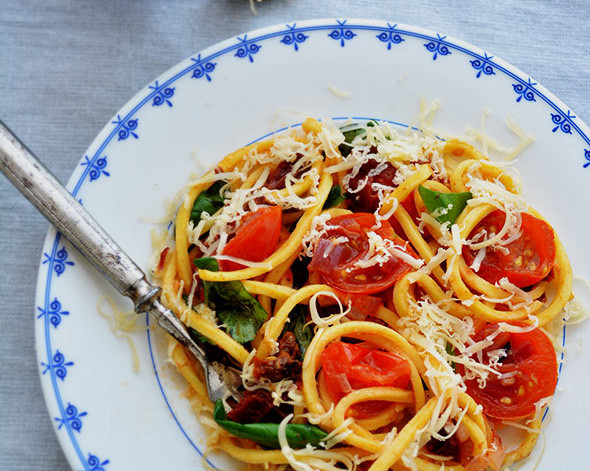
When it comes to cooking, sometimes it can seem like the simplest way to add flavor to your dish is to add salt.
Although salt can definitely accentuate flavors and play a crucial role of recipes, too much of the mineral can have some negative health effects, including risk of cognitive decline, kidney disease, bone thinning, and high blood pressure.
The U.S. Department of Health and Human Services recommends no more than 2,300 mg of salt per day, but the average daily intake of most Americans is 3,592 mg, according to the U.S. Centers for Disease Control and Prevention. Considering 90 percent of Americans consume too much salt, it’s important to figure out different, healthier alternatives to seasoning your food.
If you’re looking to add some flavor to your food without adding some sodium, try these seven alternatives to salt that taste great, but won’t have negative health effects.
1. Herbs
Whether you use fresh or dry, herbs are an easy and healthy way to add not only flavor to your dishes, but extra nutrients as well. Options include basil, dill, cilantro, parsley, and more, and they are filled with antioxidants that help fight diseases such as cancer, heart disease, diabetes, and Alzheimer’s.
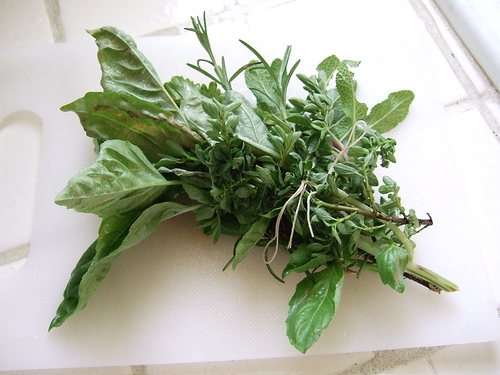

2. Spices
Spices such as cayenne pepper, cumin, and turmeric are easy to sprinkle on meals instead of salt, and they can add subtle flavor without all that sodium. Like herbs, spices contain antioxidants that help fight disease and prevent inflammation in the body, and they can help manage your blood sugar levels and weight.
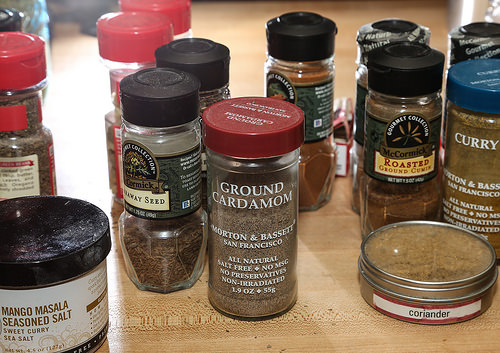

3. Lemon
Lemon juice makes an amazing substitute for salt, as it’s filled with flavor as well as essential vitamins. Squeeze it on anything from pasta to salads and enjoy its many health benefits, including a stronger immune system, increased iron absorption, and protection against cancer.
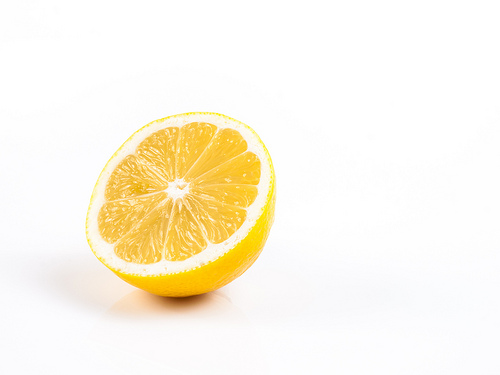

4. Garlic
Fresh garlic and garlic powder make a great replacement for salt, and it can add a lot of flavor to a dish without having to use very much. Garlic is low in calories, filled with antioxidants, and can help boost your immune system as well as help you live a longer life.
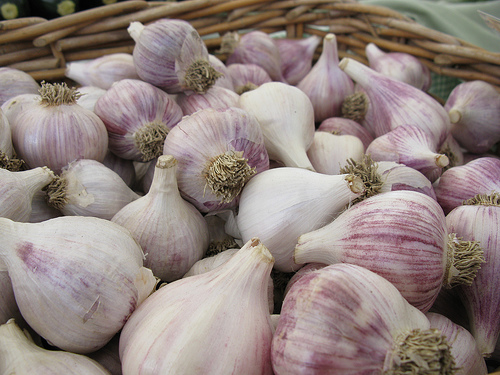

5. Olive Oil
Olive oil is not only rich in flavor, but in essential nutrients as well. Eating a tablespoon of olive oil a day can improve your heart health, help fight off depression, and reduce inflammation. Drizzle a little bit of oil over your meals, and you’ll be surprised how rich and filling they taste.
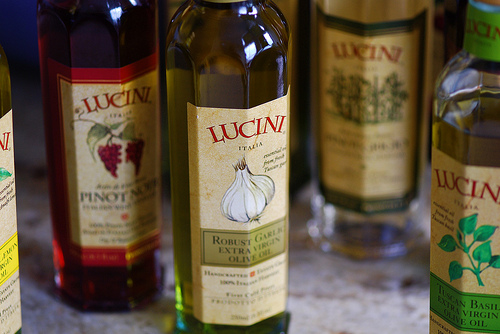

6. Vinegar
When it comes to vinegar, you have many different options, from balsamic for meats and red wine for salads to rice vinegar for Asian dishes, and each adds a light and tasty tang that will have you neglecting your salt shaker. Eating vinegar with a meal can help lower your blood sugar levels, triglyceride levels, and total cholesterol levels.
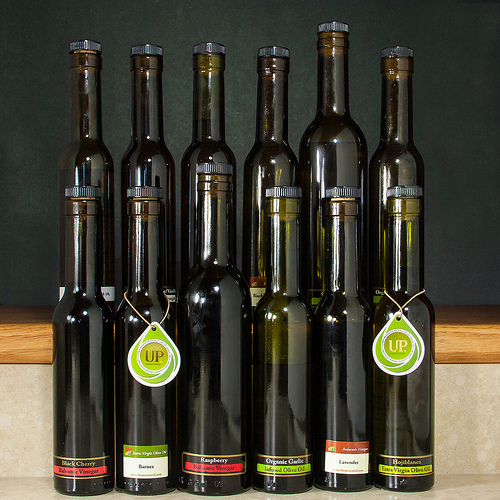

7. Hot Sauce
If you’re a fan of spicy, consider jazzing up your meals with some hot sauce instead of salt. Hot sauce prevents your food from tasting bland, but it also helps fight cancer, speeds up your metabolism, and even curbs your appetite.


Photo by hallosunnymama

